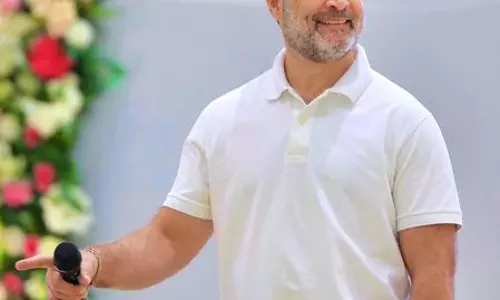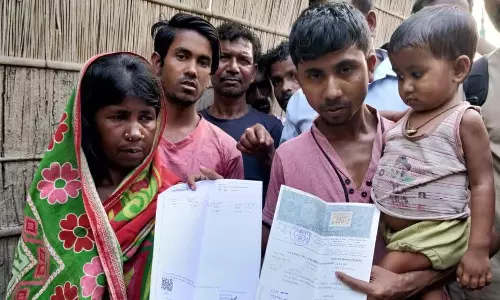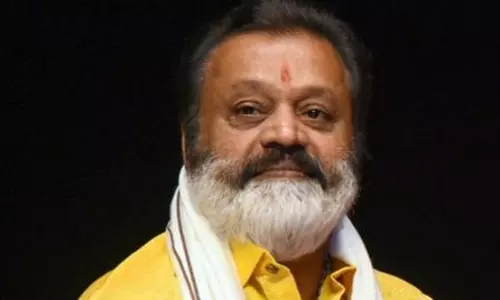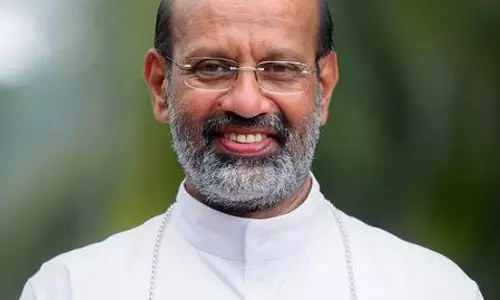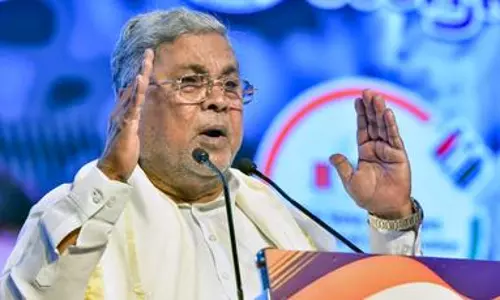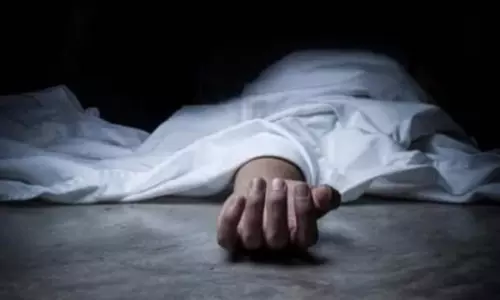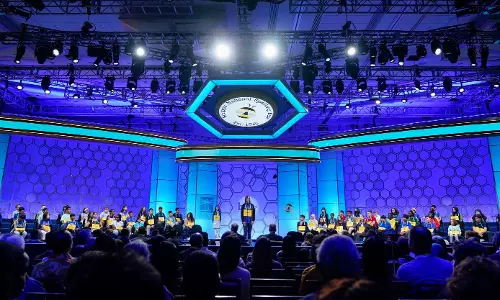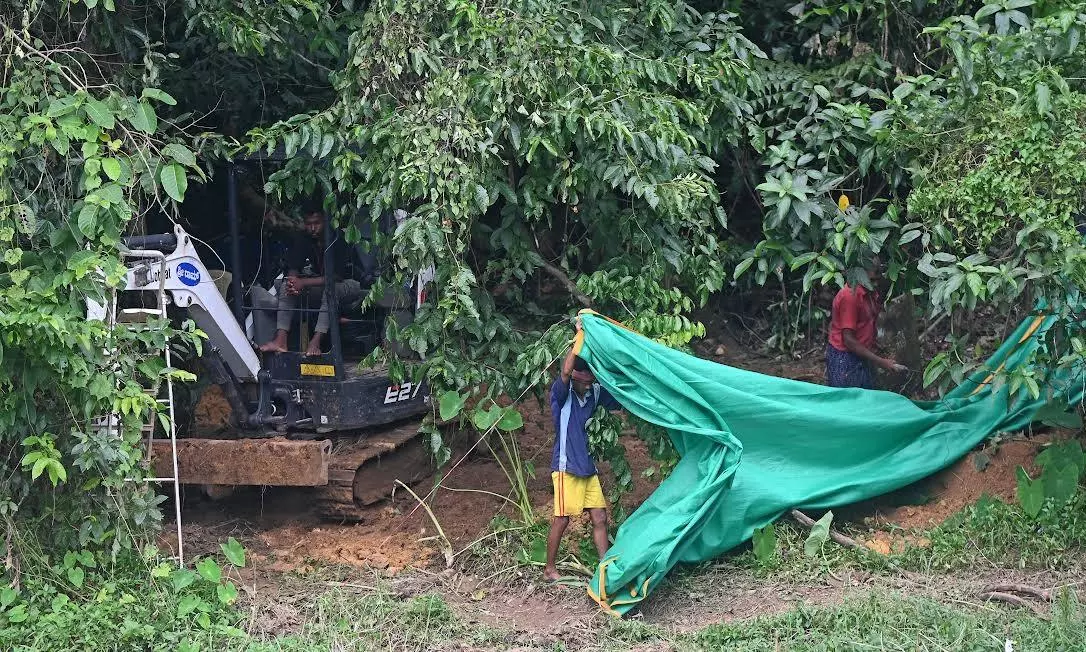
SC says gag orders on media permissible only in rarest cases, not in Dharmasthala murder case
text_fieldsThe Supreme Court observed that a gag order on the media should be an option only in the rarest of rare cases, as it rejected a plea seeking to restrict media from publishing reports or commentary on allegations of mass graves, disappearances, and crimes against women and students spanning the past two decades in Dharmasthala, with the matter now to be reconsidered by a trial court.
A bench comprising Justices Rajesh Bindal and Manmohan directed the lower court to hear afresh a plea filed by Harshendra Kumar D, secretary of the Shri Dharmasthala Manjunatheshwara Education Society and brother of Bharatiya Janata Party MP D Veerendra Heggade, who had sought to block such reporting.
The Heggade family oversees the management of the Dharmasthala Manjunathaswamy Temple and affiliated institutions, and the plea had been filed in response to media coverage and social media posts concerning ongoing investigations.
The petitioner had challenged a Karnataka High Court ruling from August 3 that overturned an earlier gag order issued by a Bengaluru civil court against media outlets, YouTube channels, and individuals.
During the hearing, the petitioner’s counsel alleged that the media was engaged in a defamatory campaign while the investigation was still underway, presenting examples of online content considered damaging to the reputation of the temple management. The bench observed that gag orders are exceptional measures that must be reserved for rare circumstances, noting that aggrieved parties could pursue damages if material was found to be defamatory.
The case stems from a first information report registered in July in Dharmasthala following a complaint by a sanitary worker, who claimed he had been compelled to bury the bodies of several women showing signs of sexual assault.
In response, the Karnataka government formed a Special Investigation Team on July 19 to examine the allegations, and the state’s Home Minister subsequently reviewed the probe, while also monitoring related social media content for potentially harmful societal impact.




